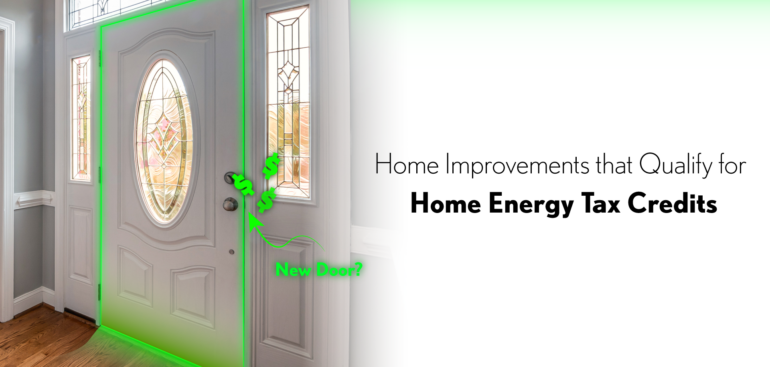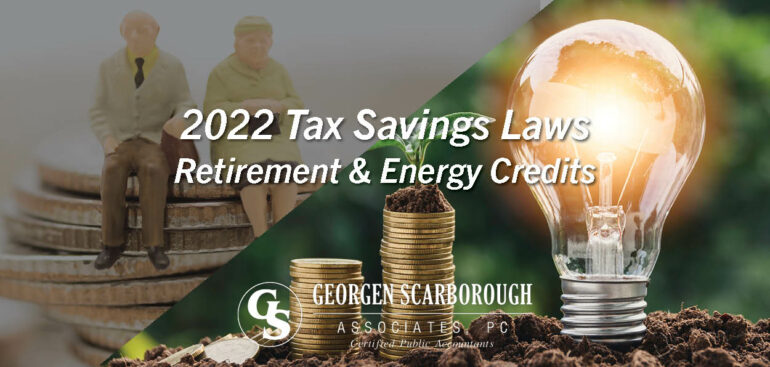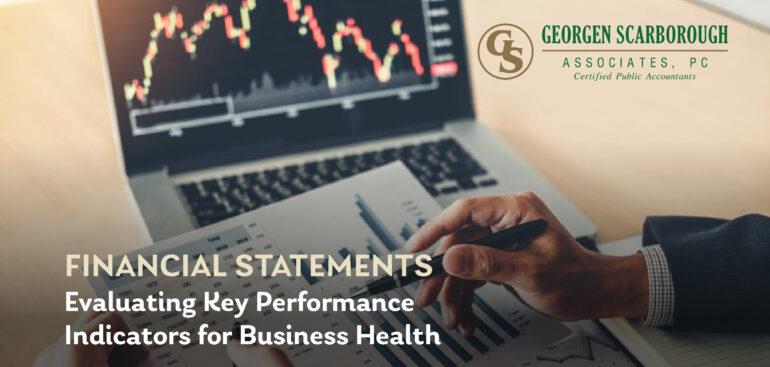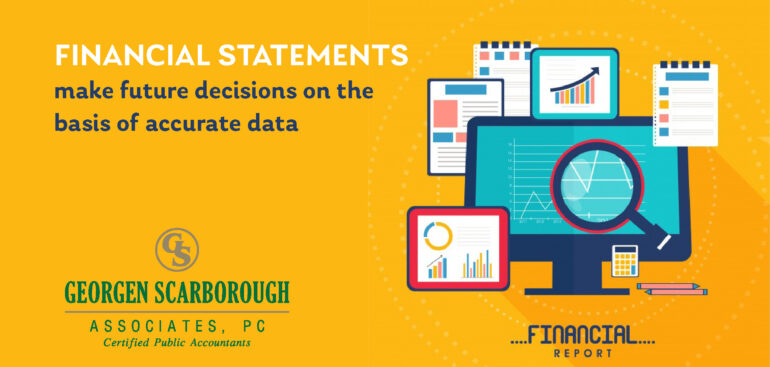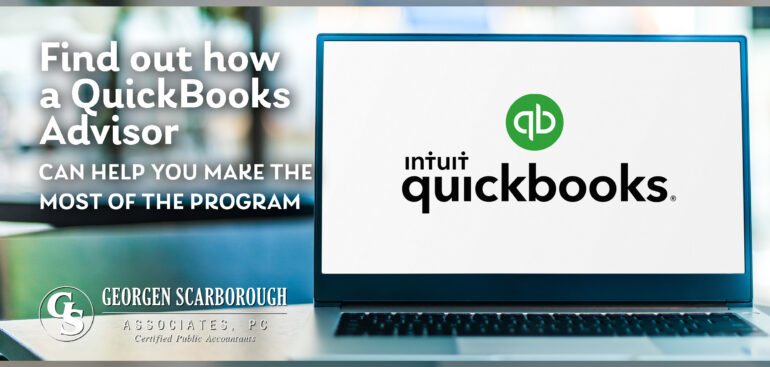Homeownership comes with various responsibilities, including maintaining and improving your property. However, what many homeowners may not realize is that making energy-efficient upgrades to their homes can not only reduce utility bills but also qualify them for valuable tax credits. These incentives serve as an excellent way to offset the initial costs of making eco-friendly improvements, as well as increase the value of your home. In this article, we explore home improvements that can help you secure home energy tax credits.
Solar Panel Installation
Installing solar panels is one of the most effective ways to reduce your carbon footprint while taking advantage of significant energy tax credits. Solar power systems convert sunlight into electricity, which can be used to power your home. The federal government, along with many state governments, offers attractive incentives to homeowners who invest in solar energy. The most notable of these incentives is the Federal Solar Investment Tax Credit (ITC).
The Federal Solar ITC allows homeowners to claim a tax credit of up to 30% of the total cost of their solar panel installation. To qualify for this credit, your solar panels must be installed on a primary or secondary residence, and the installation can be completed within the eligibility window of 2023 to 2032. The percentage of the credit remains fixed through that period of time.
In addition to federal incentives, some states offer additional tax credits, rebates, or performance-based incentives for solar panel installations. Be sure to research the incentives available in your area to maximize your savings.

Energy-Efficient Home Insulation
A well-insulated home is crucial for maintaining comfortable indoor temperatures and reducing energy consumption. Upgrading your home’s insulation can make a substantial difference in your energy bills and may also qualify you for energy tax credits. The Residential Energy Efficiency Property Credit allows homeowners to claim a tax credit for eligible energy-efficient home improvements, including insulation.
To qualify for this credit, you must install qualified insulation materials that meet the minimum criteria set by the U.S. Department of Energy. The credit covers 30% of the cost of the materials, up to a maximum of $500.
Energy-Efficient HVAC Systems
Heating and cooling your home accounts for a significant portion of your energy consumption. Upgrading to energy-efficient HVAC (Heating, Ventilation, and Air Conditioning) systems can help you reduce energy usage and may make you eligible for tax credits. The Residential Energy Efficiency Property Credit mentioned earlier also applies to energy-efficient HVAC systems.
To qualify for the credit, you must install HVAC systems that meet specific energy efficiency requirements outlined by the IRS. The credit covers 10% of the cost of eligible HVAC equipment, such as high-efficiency furnaces, air conditioners, and heat pumps, up to a maximum of $500. Installing a programmable thermostat to complement your energy-efficient HVAC system can further enhance your home’s energy efficiency and may also be eligible for tax credits.
Energy-Efficient Doors

To be eligible for tax credits, the doors you install should meet specific energy efficiency standards. Typically, energy-efficient doors have better insulation properties and reduce heat transfer between the interior and exterior of your home. Look for doors with the ENERGY STAR label or those that meet the necessary U-factor and Solar Heat Gain Coefficient (SHGC) ratings to qualify. The credit covers 30% of the cost of eligible exterior doors, up to a maximum of $500, or up to $250 each.
Conclusion:
Investing in energy-efficient home improvements not only reduces your environmental impact but also offers the added benefit of potential tax credits. Solar panel installations, energy-efficient insulation, and HVAC systems are just a few examples of projects that can make your home more eco-friendly while putting money back in your pocket through tax incentives.
Before embarking on any energy-efficient home improvement project, it’s essential to research the available tax credits, eligibility criteria, and deadlines. Consult with Georgen Scarborough Associates ensure you meet all requirements and maximize your savings. By taking advantage of these incentives, you can make your home more energy-efficient, comfortable, and cost-effective in the long run.
For more information on home improvements that qualify for Home Energy Tax Credits, contact Georgen Scarborough Associates at (703) 319-3990 or through their website at gsacpa.com.
Source: Energy.gov, IRS.gov
Visit Energy.gov site for more information:
Making Our Homes More Efficient: Clean Energy Tax Credits for Consumers | Department of Energy
Visit IRS.gov site for more information:
Home Energy Tax Credits | Internal Revenue Service (irs.gov)
Energy Efficient Home Improvement Credit | Internal Revenue Service (irs.gov)

